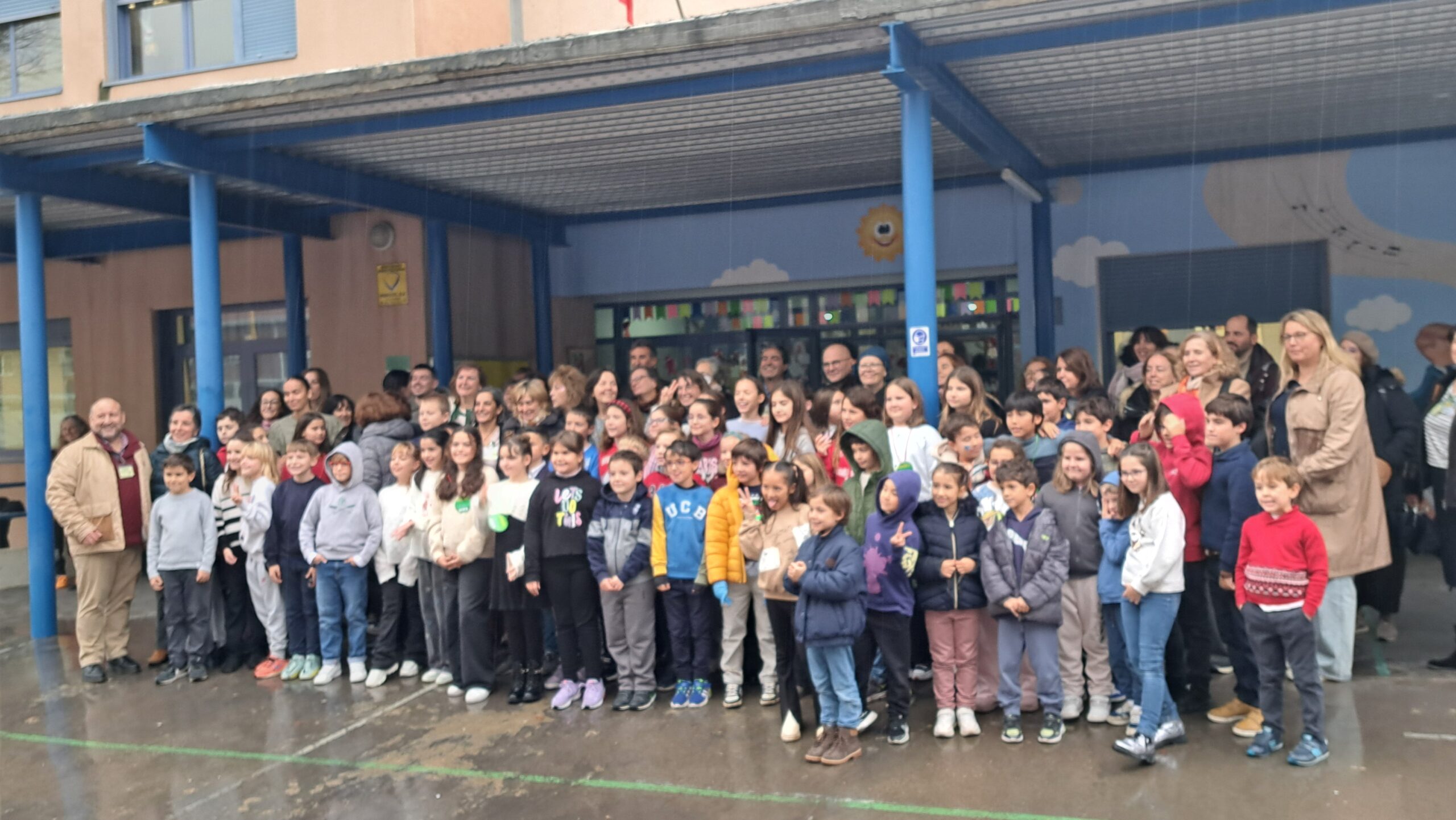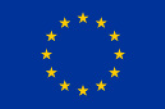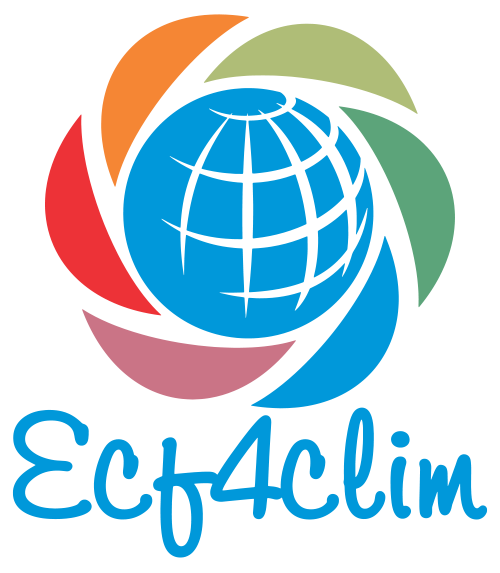In June, the harvest begins, first with the straw grains. We expect large harvests, enough to feed ourselves and the animals we raise for our consumption. The grains we grow have a short life cycle. Carbon captured during growth is quickly released after harvest, but in the case of agriculture, carbon plays a rather secondary role, with the nitrogen cycle being the main concern for climate change.
Nitrogen is a fundamental element in plant growth, and modern agricultural crops are crucially dependent on adding nitrogen to the soil through chemical fertilizers. Naturally, nitrogen is produced by a group of microorganisms existing in the soil. They regulate the nitrogen content through a process in which they have to consume a large amount of energy in relation to the available they have. For this reason, the process is started only if the nitrogen content falls below a very low threshold close to zero. Consequently, adding nitrogen to the soil through chemical fertilizers, even in small amounts, blocks the natural mechanism for capturing nitrogen from the atmosphere. In this way, grain production becomes completely dependent on the addition of nitrogen. What is the consequence of adding nitrogen? First of all, how do we manufacture these fertilizers? The majority of the industrial processes are based on ammonia obtained by burning natural gas, combustion accompanied by carbon dioxide releases. Secondly, the addition of fertilizers creates an excess of nitrogen in the soil, the plants taking up about half of the amount introduced. It is taken up by groundwater and brought into the atmosphere in the form of nitrous oxide, with an enormous global warming potential, about 265 times greater than that of carbon dioxide.
The alternative of producing chemical fertilizers by other processes, with less impact on the environment, both through generated carbon dioxide and nitrogen oxide, is not yet economical. The known procedures would lead to an increase in prices, generating economic crises, with a major impact on poor areas of the world. Thus, we see that sustainability is an extremely complex process, the links between various phenomena being extremely strong. If we all became vegetarians, we would reduce methane emissions due to animals, but we would increase the amount of vegetables consumed and implicitly the amount of fertilizer needed. The impact of humanity on the environment is undoubtedly an extremely sensitive element. Perhaps the decreasing of the consumption by limiting wasted food and wiser consumption is a more realistic approach. After all, why do we have to consume so many calories and then have to do intensive exercise in order not to gain weight? Only due to daily habits or for the pleasure of taste? Can we reduce or eliminate this addiction? What is the role of education in such direction?







